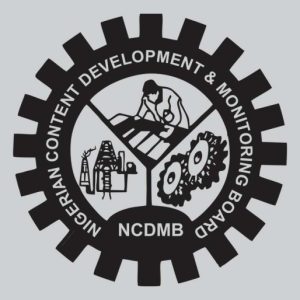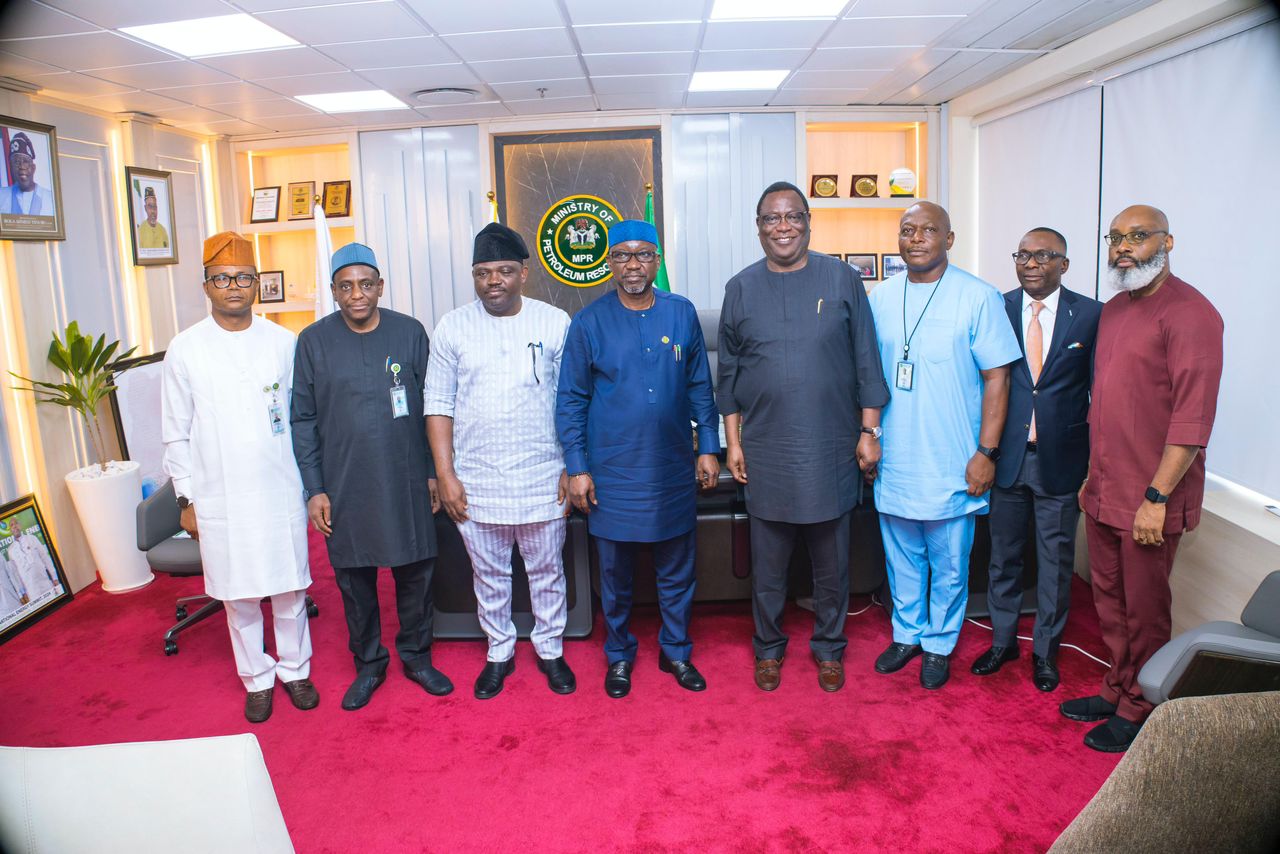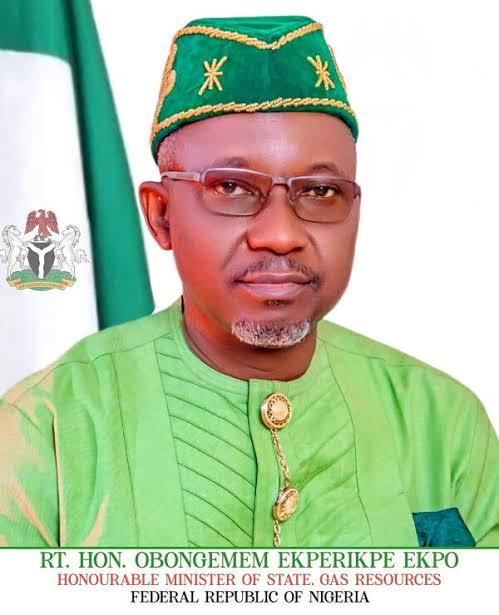The Nigerian Content Development and Monitoring Board (NCDMB) and the Presidential Amnesty Programme are to collaborate towards integrating ex-agitators from the Niger Delta into the Oil and Gas Industry.
This was mooted when the Executive Secretary, NCDMB, Engr. Ernest Nwapa hosted the Special Adviser to the President on Niger Delta and Chairman of the Presidential Amnesty Programme, Mr. Kingsley Kuku at the Board’s office in Yenagoa, Bayelsa State last week.
Nwapa said the plan was to upload the list of ex-agitators who had completed training in oil and gas service areas into the Nigerian Oil and Gas Joint Qualification System (NOGIC JQS)-the data base of choice for talent sourcing in the oil and gas industry.
He explained that the Minister of Petroleum Resources and Chairman of the Board’s Governing Council, Mrs. Diezani Alison Madueke had directed the Board to pursue capacity development and employment initiatives that will support President Goodluck Jonathan’s transformation agenda in the Oil and Gas industry.
According to him, major operating companies, including the Nigerian National Petroleum Corporation cannot employ more than 50,000 Nigerians as they had outsourced most of their operations, adding however, that the industry could create thousands of jobs through the execution of its projects in-country and manufacturing of components used by the industry.
He regretted that Nigerians had for nearly five decades focused on the exploitation of crude oil and the revenue receipts while ignoring the value chain, thereby failing for too long to establish facilities, own hi-tech assets and manufacture components for the industry that can create jobs and retain spend in the country.
Nwapa clarified that the implementation of the Act had gradually reversed the trend and Nigerians have begun to invest heavily in facilities, own hi-tech assets and manufacture components for the industry.
Some of the capacities already developed for the Oil and Gas Industry, he said, are being used utilized in other sectors of the economy like power, telecommunication, construction and information technology.
Speaking further, Nwapa described various initiatives of the Board which had helped create and retain 38,000 jobs in the industry from year 2010 to date, adding that the Nigerian Oil and Gas Industrial Park Scheme (NOGIPS) will unlock employment opportunities from the industry as it will elevate local Small and Medium Enterprises (SMEs) to Original Equipment Manufacturers (OEMs) that produce industry standard high tech equipment for the industry under a shared service and resource optimisation model.
He explained that the Board was also set to start an artisan training programme that will produce qualified artisans who will eventually build the Board’s Headquarters Building in Yenagoa.
In his remarks, the Special Adviser underscored the agency’s relationship with the Board, explaining that both agencies were developing manpower for Nigerians.
He said, “we are doing a lot of vocational training programme that falls under the ambit of NCDMB so we needed to get advice from the Board on what is available and how we can tap into the opportunities. We want the Board to help us in post training placements.
“We have seen the opportunities and we must prepare for the jobs that will come through the Nigerian Content implementation.”
Kuku clarified that the Amnesty Office cannot provide jobs for all the trained ex-agitators, adding that they will have to compete with other Nigerians.
“We have hundreds of our trainees across the best universities in the world. The best we can give them is free education and when they come back, they will compete with others.
“With the quality education and training they have got, they will have advantage. But if the jobs are available, we will support them.”
He added that the programme had produced 100 pilots in a programme with Lufthansa while those trained in ship building were working to set up a boat yard in 2014.
The Special Adviser confirmed that the Amnesty Programme has a terminal date, adding that the agency will at its conclusion hand over outstanding trainees to other agencies of government.
He also challenged state government across the country, particularly the oil bearing states to start youth engagement and empowerment schemes to complement the Federal Amnesty Programme.







